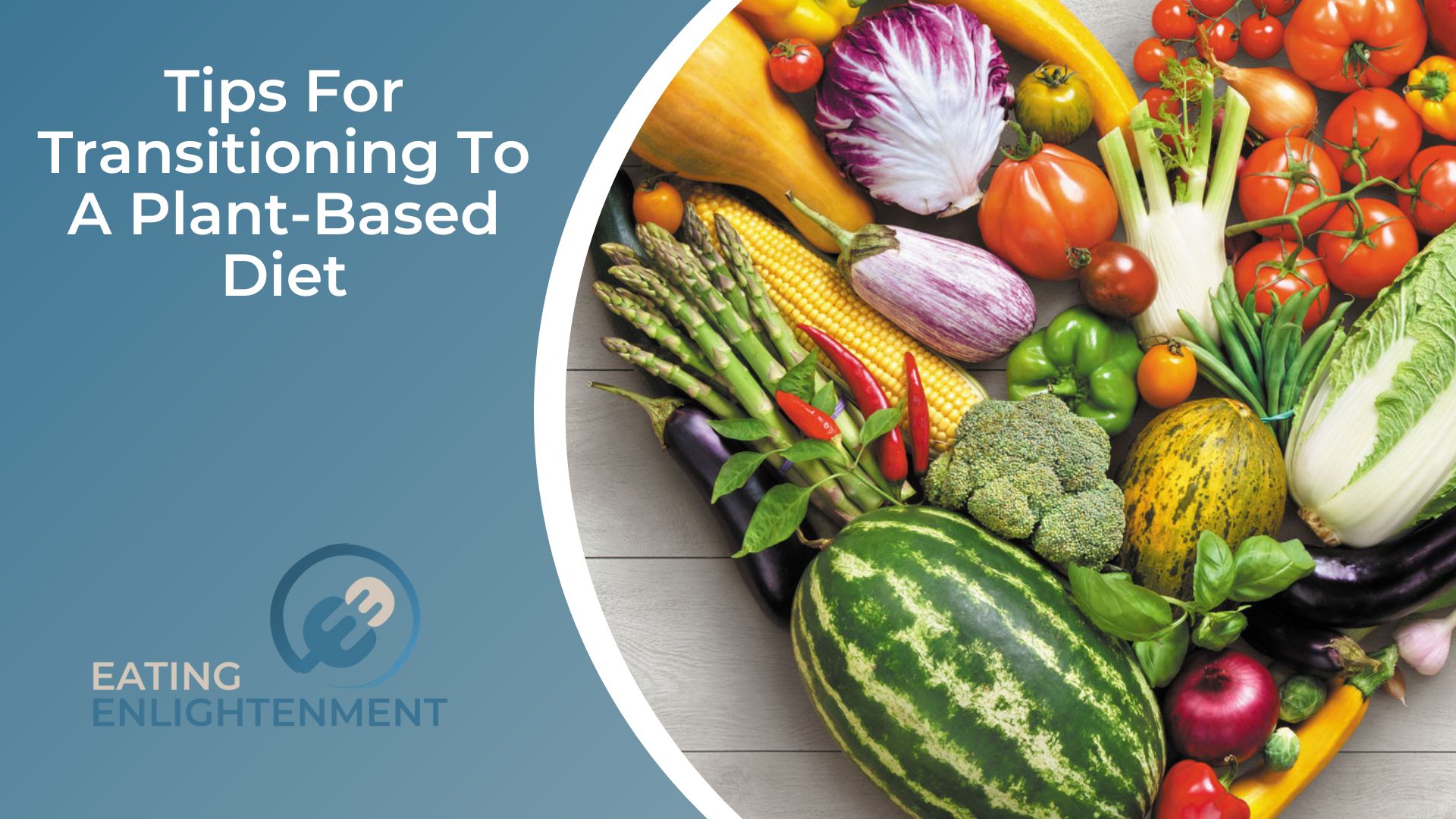Switching to a plant-based diet can be an exciting and rewarding change. It provides numerous health benefits, but going vegan also helps reduce environmental impacts for a more sustainable lifestyle. It’s important to remember that transitioning to a whole-foods plant-based (WFPB) eating plan involves more than just cutting out meat. Victoria Gerrard of La Crosse goes over critical tips for making the switch so you can feel confident starting your journey toward better health and well-being.
Nutritional Benefits Of A Plant-Based Diet
Eating a plant-based diet is one of the healthiest ways to nourish your body. Plant-based eating involves consuming primarily fruits, vegetables, legumes, nuts, and seeds while avoiding animal products such as meat, dairy, and eggs. This diet offers numerous benefits for your physical and mental health.
The primary benefit of a plant-based diet is its nutritional content. Whole foods like fruits, vegetables, legumes, and nuts are packed with vitamins, minerals, and antioxidants that can help protect against disease. These nutrient-dense foods also provide an abundance of fiber which helps keep digestion regular while promoting satiety so you feel full longer after meals. Additionally, research suggests that following a whole food plant-based (WFPB) dietary pattern may reduce inflammation in the body, leading to improved overall health outcomes over time.
Gather Recipes And Cookbooks
Researching recipes and browsing cookbooks can be an invaluable tools when transitioning to a plant-based diet. Not only will it give you ideas for meals, but it will also help you gain insight into the nutritional benefits of eating a plant-based diet. With plenty of creative and nutritious recipes, finding inspiration for your new lifestyle is easier than ever.
Access to delicious, healthy recipes is essential when transitioning to a whole food plant-based (WFPB) dietary pattern. Plant-based diets are rich in vitamins and minerals, providing numerous health benefits, such as reducing inflammation and promoting regular digestion. However, it can be challenging to reap these rewards from your meals without suitable recipes or cooking techniques. That’s why researching recipes and browsing cookbooks is so important; they offer guidance on how to get the most out of each meal while providing tasty options that adhere to vegan guidelines. From simple one-dish dinners to more complicated multi-course feasts, there’s something for everyone who wants to transition into this healthier way of eating.
Stock Your Pantry With Dry Staples
Stocking your pantry with plant-based staples like lentils, rice, and quinoa ensures that you have a healthy and nutritious source of protein at your fingertips and allows for creative and versatile meal options. Lentils, for example, can be used in soups, stews, salads, and even as a meat substitute in traditional dishes like tacos and bolognese. Rice is commonly used as a base for stir-fry and curry dishes, and can be transformed into flavorful sushi rolls or creamy risotto. And quinoa, with its high protein content and nutty flavor, can be enjoyed as a side dish or the star of a satisfying salad. Including these plant-based staples in your pantry promotes a balanced and varied diet and encourages exploration and experimentation in the kitchen.
Explore Different Vegan Alternatives
Replacing animal products or processed foods with vegan alternatives is a great way to transition to a plant-based diet. With the growing availability of vegan substitutes, enjoying your favorite dishes without compromising taste or nutrition is easier than ever. Some popular examples include dairy-free milk, veggie burgers, and mock meats often made from textured vegetable protein, tofu, tempeh, seitan, and legumes. While these vegan alternatives can be convenient for busy lives, it’s important to note that they are often processed foods with added sodium and sugar, so it’s best to enjoy them sparingly.
Incorporate More Vegetables Into Mealtime
Adding vegetables to your meals is an easy and nutritious way to transition to a plant-based diet. Fresh produce is an excellent source of fiber, vitamins, minerals, and phytonutrients essential for good health. You can easily incorporate more veggies into dishes by adding grated carrots or zucchini to spaghetti sauce or roasting cauliflower for a flavorful side dish. You can also get creative and make vegetable-based meals such as stir-fry or veggie patties for lunch or dinner. Incorporating more vegetables into your diet is beneficial for your health and allows you to experiment with different flavors and ingredients.
Try New Foods And Spices
Exploring new foods and spices is a great way to introduce variety into your meals. By experimenting with different cuisines, you can explore the world of flavors and learn how to create delicious dishes with simple ingredients. Familiarizing yourself with various herbs, spices, and flavor combinations can also help you become more confident and creative in the kitchen. From classic spices like cinnamon and cumin to exotic flavors like turmeric and cardamom, there’s no shortage of flavor combinations to explore.
Seek Out Vegan Restaurants
Just because you’re venturing into a new lifestyle doesn’t mean you have to give up the experience of going out on the town. Vegan restaurants are popping up in cities across the country, and they offer a great opportunity to explore plant-based cuisine without the worry of accidentally consuming animal products. Plus, you can get an idea of how vegan recipes should look and taste, which can be helpful if you’re new to vegan cooking. Whether it’s pizza or tacos, there’s sure to be a vegan version of whatever you’re craving.
Final Thoughts
Victoria Gerrard of La Crosse knows transitioning to a plant-based diet can seem daunting, but it’s easier with a little research and experimentation. Exploring different vegan alternatives, adding more vegetables to your meals, experimenting with new foods and spices, and seeking out vegan restaurants are all great ways to start your journey into plant-based eating. With the help of the internet and support from friends, family, and vegan communities, embarking on a plant-based diet can be an exciting journey full of delicious meals and rewarding experiences.



